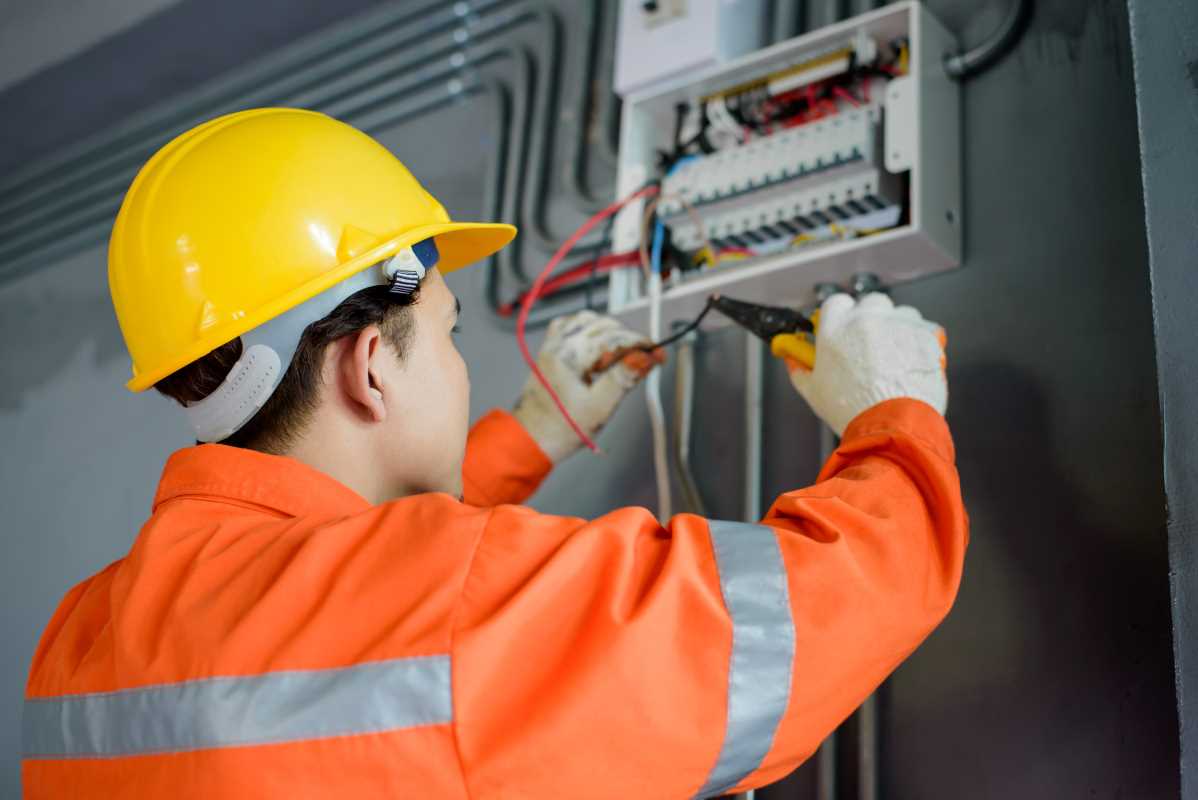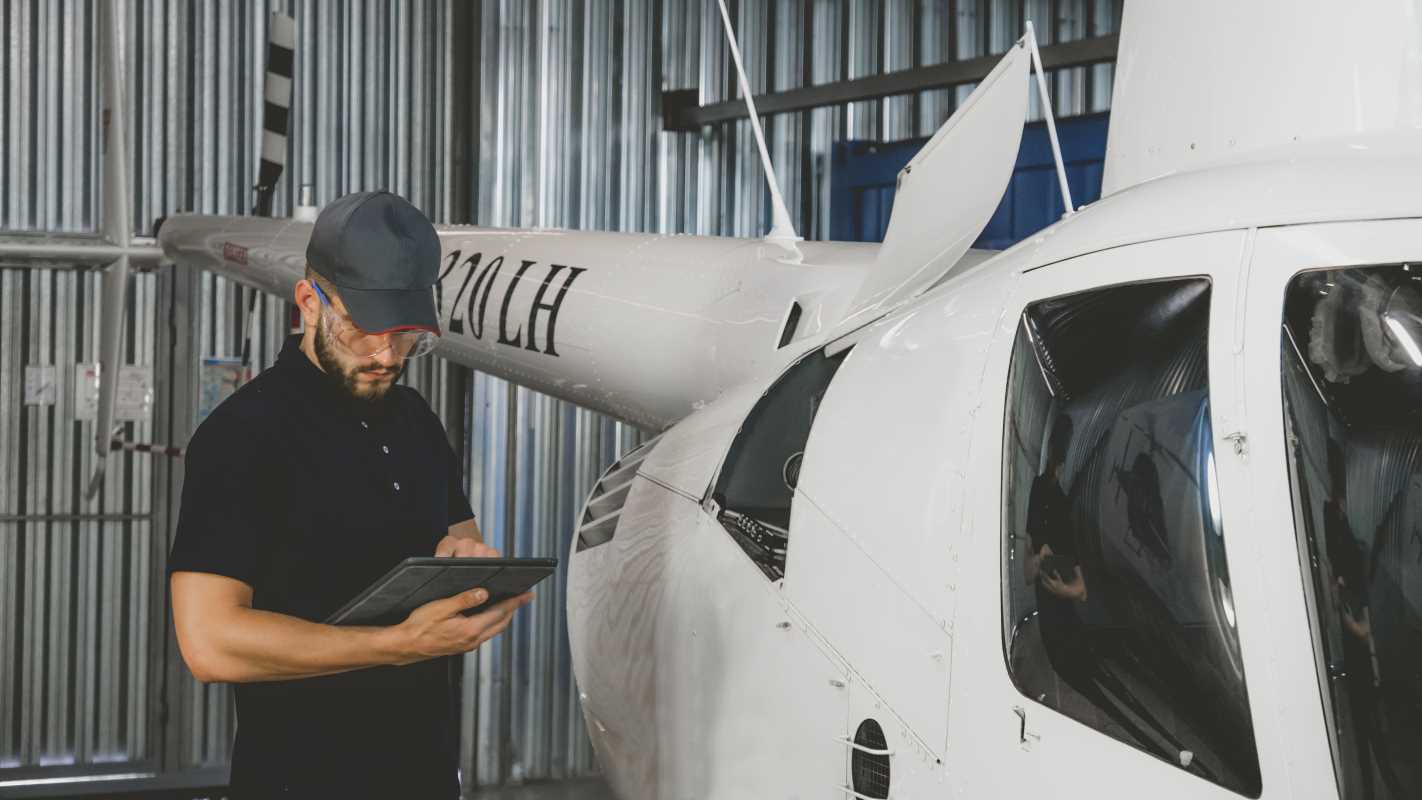Choosing a career can feel overwhelming, but plumbing is a great option for those who enjoy hands-on, practical work. Trade schools make it easier by offering focused education, training, and preparation for certification exams. Instead of spending years in a traditional college and taking on a lot of debt, trade programs provide a quicker and more affordable path to a stable career. These programs teach important skills like pipe installation, repairs, and safety practices. They also prepare students for real-world challenges in the industry. If you are curious about what plumbing trade school involves, this guide will explain the benefits, the skills you will gain, and how to get started on this rewarding career path..
Why Plumbing Is a Great Career Choice
Plumbing goes far beyond unclogging drains. Professionals in this field install and maintain systems that keep clean water flowing into buildings and wastewater moving out. This includes everything from pipes and fixtures to larger systems in industrial facilities. The work can be physically demanding, but solving unique challenges adds variety and keeps things rewarding.
The industry also offers job stability. Everyday life at home, at work, and in public spaces relies on functioning plumbing systems. Projections by the Bureau of Labor Statistics (BLS) highlight a 6% growth in jobs between 2023 and 2033, which is faster than the average for all other occupations. For those who value job security, steady demand, and solid earning potential, plumbing is a smart career choice.
Trade Schools: The Fast-Track to a Career
Trade schools, or vocational schools, provide targeted education for specialized careers. These programs are designed with job readiness in mind. Instead of general education courses, you'll focus on mastering plumbing techniques, local codes, and essential tools.
A Quicker Start to Your Career
Unlike traditional four-year degrees, trade programs are typically much shorter. Depending on the school and program structure, courses might take anywhere from eight months to two years to complete. For instance, Summit College offers a program that can be finished in as little as eight months, getting students into the workforce faster. Flexible schedules, like night and weekend classes, also make it easier for students to balance work or family obligations while studying.
Hands-On Preparation for Real Jobs
One of the biggest benefits of trade schools is the focus on practical training. Classes often combine theory with hands-on application, allowing students to practice techniques they’ll use on the job. For example, you might learn about pipe assembly in the morning and move to a fully equipped plumbing lab to practice repairing fixtures by the afternoon.
Trade schools also play a significant role in preparing students for licensure. Most states require plumbers to obtain a license, which often means passing an exam after completing an apprenticeship or trade program.
Bridging the Gap With Apprenticeships
Trade schools frequently partner with local employers or unions to help students secure apprenticeships. These programs offer invaluable on-the-job experience under the guidance of a seasoned plumber. Apprenticeships typically last four to five years and allow students to earn a paycheck while continuing their training. Combined with trade school education, this dual approach ensures you gain the knowledge and practical skills needed to succeed.
Skills Covered in Plumbing Trade Schools
Plumbing is a specialized field requiring a mix of technical expertise, problem-solving abilities, and communication skills. Trade school programs provide a strong foundation in all these areas, equipping students to handle both the technical and interpersonal aspects of the job.
Technical Skills
Plumbers need to understand and apply a range of mechanical skills to their work. Common topics covered in trade school include:
- Pipe Installation and Repair: Students learn to work with materials like PVC, copper, and steel, as well as how to properly seal and connect pipes.
- Fixture Installation: Skills include installing water heaters, washing machines, and other fixtures that integrate into plumbing systems.
- System Maintenance: Training covers routine inspections and preventive maintenance techniques to keep systems running efficiently.
Critical Thinking and Problem Solving
Troubleshooting is central to a plumber's day-to-day responsibilities. Trade schools emphasize diagnostic skills to identify and solve issues, such as water pressure problems or aging infrastructure repairs. Students are taught to think quickly and engineer effective solutions to real-world challenges, a skill highly valued by employers.
Safety Training and Regulatory Knowledge
Plumbers must prioritize safety on the job, both for themselves and their clients. Trade school curricula thoroughly cover OSHA standards, local building and codes, and industry regulations. Students also learn how to prepare documentation like permits or inspection reports, ensuring legal compliance.
Soft Skills for Career Success
Communication is another key component of being a successful plumber. They know how to explain technical issues to clients in simple terms. Trade schools often incorporate training in customer service, time management, and teamwork to help students excel in the workplace.
Tips for Choosing the Right Trade School
Choosing a quality program can make all the difference in launching a successful career. When comparing schools, consider these factors:
Accreditation
An accredited school ensures that the program meets industry standards. This can also make it easier to transfer credits or qualify for financial aid.
Experienced Faculty
Programs with instructors who have real-world experience provide insights beyond what a textbook can offer.
Hands-On Facilities
Look for schools with labs or workshops that simulate real plumbing environments. These opportunities prepare you for the challenges of fieldwork.
Financial Aid Options
Trade school tuition is generally more affordable than traditional college, but costs can still add up. Explore grants, scholarships, or payment plans the school may offer.
Job Placement Assistance
Schools with strong industry connections often have better pipelines to apprenticeship programs or full-time roles after graduation.
Is This the Career for You?
Plumbing offers satisfying work for individuals who enjoy solving problems, working with their hands, and contributing meaningfully to their communities. The job combines technical know-how with opportunities for independence and growth. Many plumbers even go on to open their own businesses, offering flexible schedules and greater earning potential.
Though the industry requires physical effort and discipline, it rewards those who dedicate themselves to mastering their craft. With trade schools guiding you through education, licensing, and apprenticeships, you can confidently start building a new career in less time than you might expect.
A promising future in plumbing is within reach, offering job stability, excellent earning potential, and opportunities for lifelong growth. Exploring trade schools is the first step toward securing a rewarding and sustainable career.
 (Image via
(Image via





